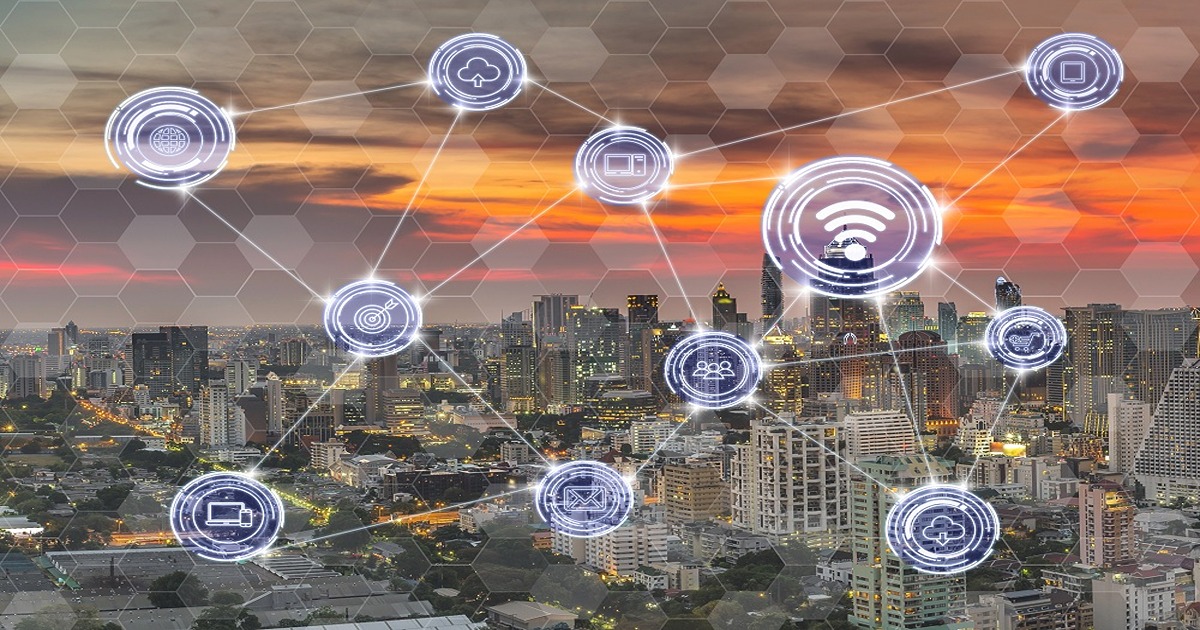Smart Factory Kunshan and Tencent Cloud Sign MOU to Empower Chinese and German SMEs with IIoT Solutions and Cloud Technologies
Tencent Cloud | October 27, 2022 | Read time: 03:31 min

Startup Factory China with its embedded Smart Factory Kunshan IIoT Hub and Tencent Cloud, the cloud business of global technology company Tencent, laid the foundation and road map for a deeper collaboration to empower Chinese and German small and medium-sized enterprises (SMEs) through Industrial Internet of Things (IIoT) solutions and cloud technologies in a recently signed Memorandum of Understanding (MOU).
The digitalization of manufacturing and maintenance services to counter costs will result in an increase of IT workload by 32 % in the industry and 21 % in manufacturing on (mostly) private clouds by 2025, as predicted by McKinsey in their recent "Cloud in China" outlook.
SMEs in particular, such as the German companies that have invested in the Startup Factory incubator near Shanghai, will require a strong partner like Tencent Cloud for this transformational step – not only in terms of cloud-based data storage, but also for the development of data-driven service and maintenance models for their clients in China.
By joining Smart Factory Kunshan's partner program, Tencent Cloud becomes an active member of the IIoT Hub community from day one and gains access to a powerful platform for various events and real-life demonstrations of its IIoT solutions on the manufacturing shopfloor towards Chinese and German SMEs. Both parties also aim to co-host IIoT events in Smart Factory Lab and real-life demonstrations on the manufacturing shopfloor of Tencent Cloud's IIoT solutions.
The MOU is a step towards the migration of Startup Factory Kunshan's IT systems to Tencent Cloud. "We are very proud to have yet another global technology company to join us as a strategic partner." stated Bernd Reitmeier, founder of Startup Factory and co-founder of Smart Factory Kunshan.
As one of the world's leading cloud companies, Tencent Cloud is committed to creating innovative solutions to resolve real-world issues and enabling digital transformation for smart industries. Through its robust global data center infrastructure of 70 availability zones across 26 geographical regions, Tencent Cloud provides businesses across the globe with stable and secure industry-leading cloud products and services, leveraging technological advancements such as cloud computing, Big Data analytics, AI, IoT and network security.
Tencent Cloud builds the cloud services in accordance with internationally recognized standards for information security and IT management, thereby providing our customers with cloud services certified by authoritative third-party accrediting agencies. We meet a number of international data compliance and information security requirements, including CSA STAR, K-ISMS, ISO 27001, 27017, 27018, 27701 and more. We also strictly abide by the EU General Data Protection Regulation (GDPR).
Startup Factory is the largest incubator for small and mid-sized European enterprises that are looking for assembly or production facilities, a repair workshop or a "job shop" in China to expand their business. At present, Startup Factory operates subsidiaries for 38 European companies on 40,000 sqm with a total of more than 350 employees at its site in Kunshan, near Shanghai.
Smart Factory Kunshan IIoT Hub, along with its partner network is an open ecosystem for Industrial IoT technologies especially for medium-sized manufacturing companies and a lighthouse project of bilateral cooperation on intelligent manufacturing between China and Germany. The purpose of the demonstration and integration factory is to create an innovative environment for Industrial Internet of Things/ Industry 4.0 from research to demonstration and education in a real-life production environment.
About Tencent Cloud
Tencent Cloud, one of the world's leading cloud companies, is committed to creating innovative solutions to resolve real-world issues and enabling digital transformation for smart industries. Through our extensive global infrastructure, Tencent Cloud provides businesses across the globe with stable and secure industry-leading cloud products and services, leveraging technological advancements such as cloud computing, Big Data analytics, AI, IoT and network security. It is our constant mission to meet the needs of industries across the board, including the fields of gaming, media and entertainment, finance, healthcare, property, retail, travel and transportation.